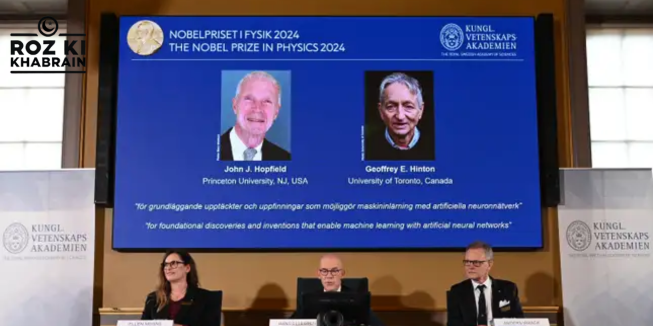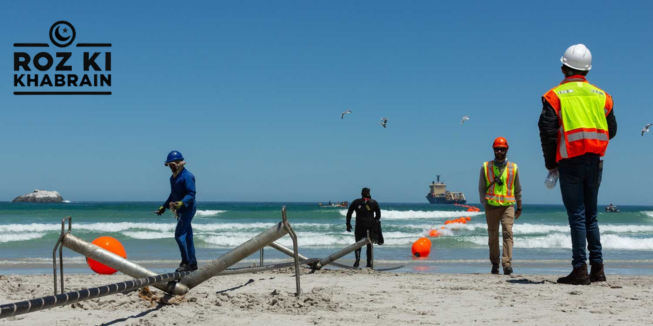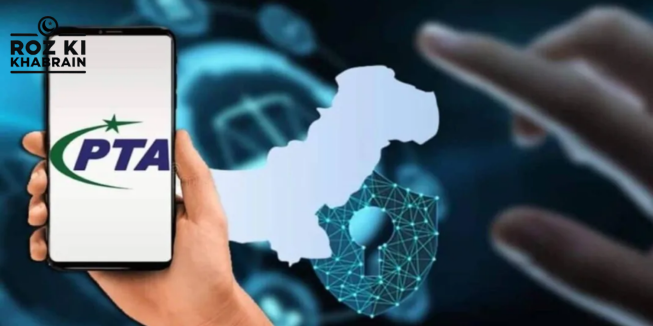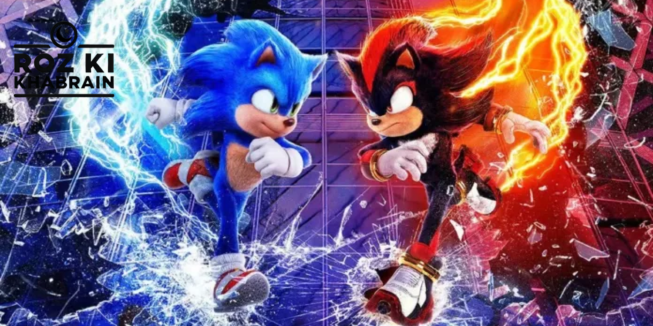STOCKHOLM, Oct 8 (Reuters) – U.S. scientist John Hopfield and British-Canadian Geoffrey Hinton have been awarded the 2024 Nobel Prize in Physics for their groundbreaking contributions to machine learning, which have played a pivotal role in the rise of artificial intelligence.
The technology they helped develop, which holds immense potential for fields like scientific discovery and improved administration, has also sparked concerns that humanity could soon be surpassed by its own creations.
Hinton, often regarded as the “godfather of AI,” made headlines last year when he resigned from his position at Google to speak more openly about the risks associated with the technology he pioneered. Speaking from California during the Nobel press conference, he remarked, “We have no experience dealing with entities smarter than us. While AI will bring great advancements, particularly in healthcare, we must also be cautious about its potential negative consequences, especially the threat of it spiraling out of control.”
John Hopfield, 91, a professor emeritus at Princeton University, is known for creating associative memory, a system capable of storing and reconstructing patterns such as images from data. During a Princeton press conference, he noted, “When systems grow in complexity and size, they develop properties that are impossible to predict from their basic components. These systems introduce new physics.”
Both laureates voiced concerns about the unknown boundaries of AI, with Hopfield emphasizing that technology often comes with both benefits and risks.
The Royal Swedish Academy of Sciences awarded the prize for their use of “tools from physics to develop methods that form the foundation of modern machine learning,” which is now transforming science, engineering, and daily life.
The Nobel Prize comes with an 11 million Swedish crown ($1.1 million) award, to be shared by the two recipients.
Hinton, 76, who is a professor emeritus at the University of Toronto, developed a method that allows AI to autonomously discover properties in data and complete tasks like recognizing specific elements in images. He left Google in 2023 after realizing AI could surpass human intelligence much sooner than anticipated, though he praised the company’s responsible approach to the technology.
Hinton acknowledged some regret over his work but stated, “Given the same circumstances, I would make the same choices again. However, I worry that the long-term outcome might be systems more intelligent than us, potentially taking control.”
Ellen Moons, chair of the Nobel Committee for Physics, highlighted both the benefits and challenges of machine learning, stressing that humanity bears the responsibility for ensuring AI is used safely and ethically.
Hopfield, whose parents were also physicists, has long been fascinated by the question of “how the mind emerges from machines,” as he noted in a 2019 interview after winning the Benjamin Franklin Medal in Physics.
The Nobel Prize in Physics, established in the will of Alfred Nobel, has been awarded since 1901. Last year’s prize went to Pierre Agostini, Ferenc Krausz, and Anne L’Huillier for their work on ultra-short light pulses, which has applications in disease detection.
This year’s physics prize is the second Nobel to be announced, following the medicine prize awarded to U.S. scientists Victor Ambros and Gary Ruvkun for their discovery of microRNA and its role in gene regulation.




